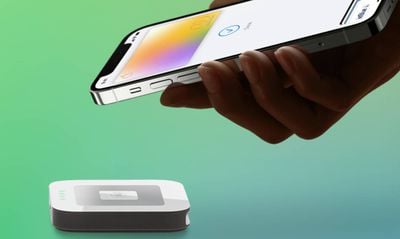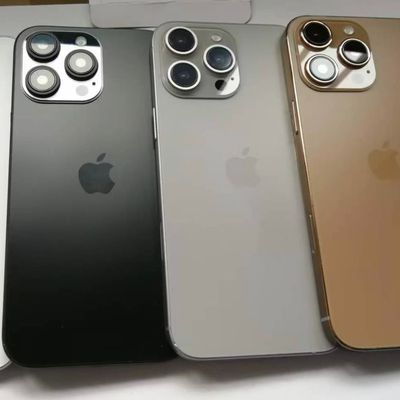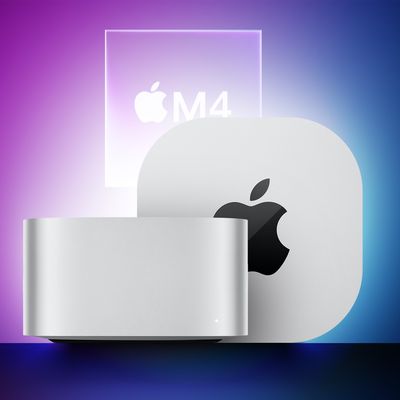EU Reportedly Satisfied With Apple's Plans to Open iPhone's NFC Chip to Rivals
Apple is set to conclude a lengthy antitrust investigation by the European Union into its mobile payments system by making significant concessions to give competitors access to the iPhone's NFC technology, the Financial Times reports.

The European Commission charged Apple in 2022 with violating competition law, contending that Apple was preventing competitors from accessing its near-field communication (NFC) technology to favor Apple Pay. In response to these charges, Apple apparently made several commitments to the European Commission in January, which now appear to have satisfied the regulators.
Citing sources familiar with the matter, the Financial Times claims that Apple agreed to provide third-party developers with open access to the iPhone's NFC. This access is said to not require the use of Apple Pay or Apple Wallet, effectively allowing competitors to create their own contactless payment solutions. London-based payment app Curve has already expressed interest in implementing its own NFC system on the iPhone once the agreement is official. Apple reportedly pledged to maintain this openness for a decade.
The settlement, which is expected to be finalized over the next few weeks, should help Apple avoid a potential fine by the EU that could have been as high as 10% of the company's global annual revenue. Given Apple's reported revenue of $383 billion in 2023, the fine could have amounted to approximately $40 billion.
Popular Stories
Leaker Sonny Dickson is back today with a new dummy unit image showing all four iPhone 16 Pro color variants, including the rose gold or "bronze" unit that replaces Blue Titanium in the existing iPhone 15 Pro models. The iPhone 16 Pro models are expected to come in black, white or silver, gray or "Natural Titanium," and a rose or rose gold color replacing Blue Titanium, according to Apple...
Multiple rumors have suggested that the iPhone 16 models are going to have an all-new button that's designed to make it easier to capture photos when the devices are held in landscape mode. Apple calls the button the Capture Button internally, and it is going to be one of the most advanced buttons that's been introduced to date with support for multiple gestures and the ability to respond to ...
Apple typically releases its new iPhone series in the fall, and a possible September 10 announcement date has been floated this year, which means we are just one month away from the launch of the iPhone 16. Like the iPhone 15 series, this year's lineup is expected to stick with four models – iPhone 16, iPhone 16 Plus, iPhone 16 Pro, and iPhone 16 Pro Max – although there are plenty of design...
Apple's iPhone 16 series is expected to debut in September 2024. This release follows Apple's trend of introducing new iPhone models annually in the fall. While the exact date has yet to be officially confirmed, the day of Tuesday, September 10 has been rumored as a possible announcement date, and September has traditionally been the month when Apple unveils its latest smartphone innovations. ...
Apple is moving forward with its project to develop a tabletop robotic device, according to Bloomberg's Mark Gurman. Subscribe to the MacRumors YouTube channel for more videos. The device would feature a large iPad-like display mounted on a "thin robotic arm" that would allow the display to tilt and up and down and rotate a full 360º, and it would serve as a "smart home command center," a...
It's almost September, but Apple still has multiple new product launches planned for 2024. New iPhone 16 models and Apple Watches are coming in September, and we're also going to get at least three Mac updates with M4 chips this year, according to rumors. Here's what's on the horizon. MacBook Pro Apple plans to refresh both the 14-inch and 16-inch MacBook Pro models, adding M4 chips. The ...
T-Mobile was fined $60 million by the Committee on Foreign Investment in the US (CFIUS) for negligence surrounding data breaches, reports Reuters. CFIUS penalized T-Mobile for failing to prevent or disclose unauthorized access to sensitive customer data. When T-Mobile merged with Sprint, it signed a national security agreement with CFIUS, which is what led to the fine earlier this year....





















